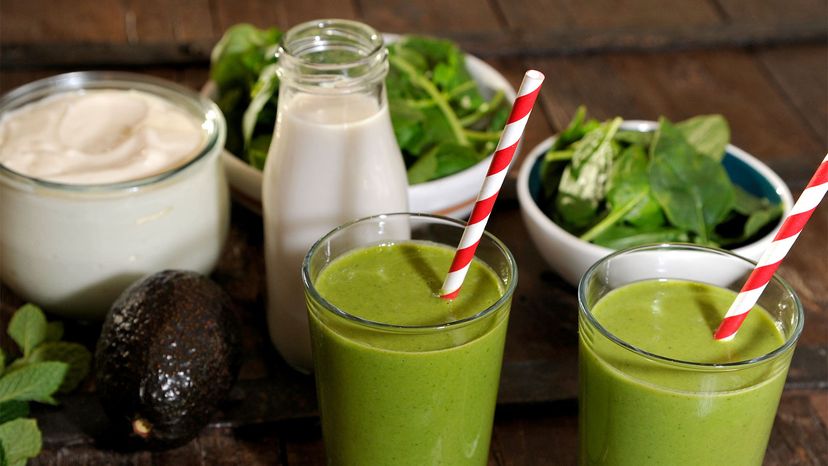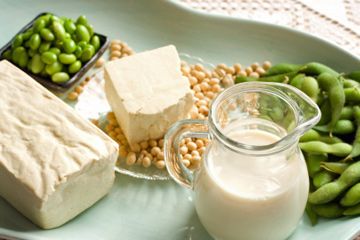
Do you ever blend up a protein smoothie for breakfast, or grab a protein bar following an afternoon workout? If so, you are likely among the millions of people in search of more protein-rich diets.
Protein-enriched products are ubiquitous, and these days it seems protein can be infused into anything — even water. But the problem, as Kristi Wempen, a nutritionist at Mayo Clinic, points out, is that "contrary to all the hype that everyone needs more protein, most Americans get twice as much as they need."
Advertisement
Many of us living in the most economically developed countries are buying into a myth of protein deficiency created and perpetuated by food companies and a wide array of self-identified health experts. Global retail sales of protein supplement products — usually containing a combination of whey, casein or plant-based proteins such as peas, soy or brown rice — reached a staggering $18.9 billion in 2020, with the U.S. making up around half of the market.
I am a food historian and recently spent a month at the Library of Congress trying to answer the question of why we have historically been — and remain — so focused on dietary protein. I wanted to explore the ethical, social and cultural implications of this multibillion-dollar industry.
Advertisement


